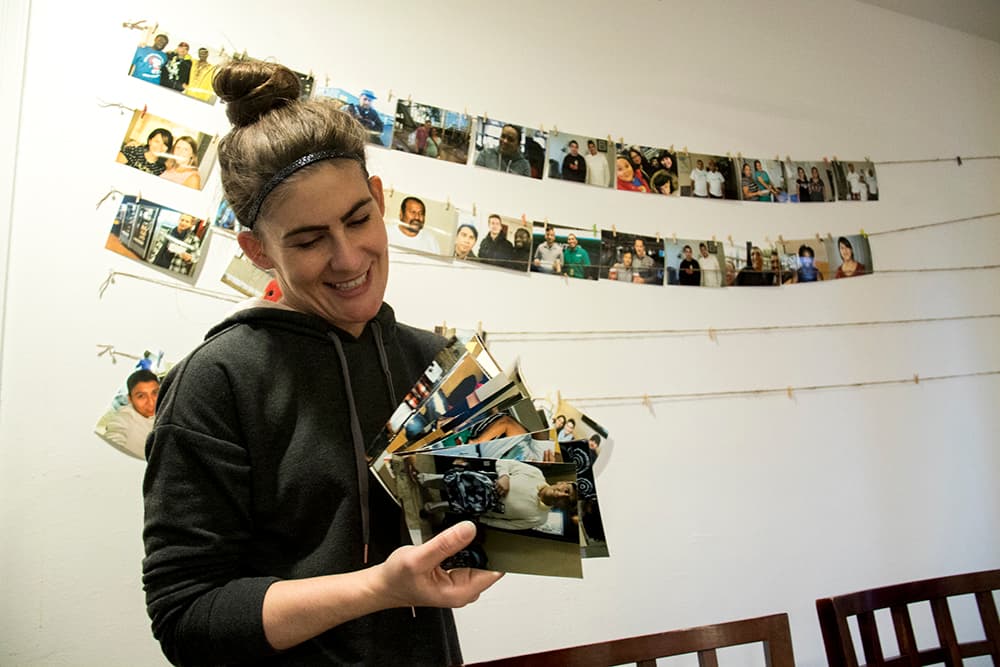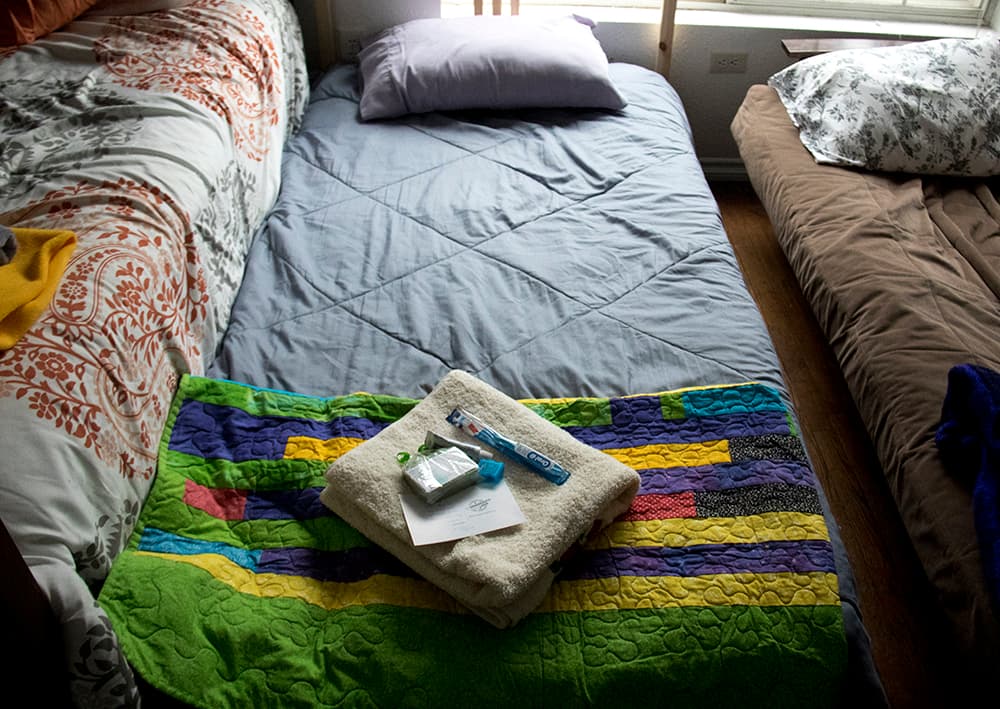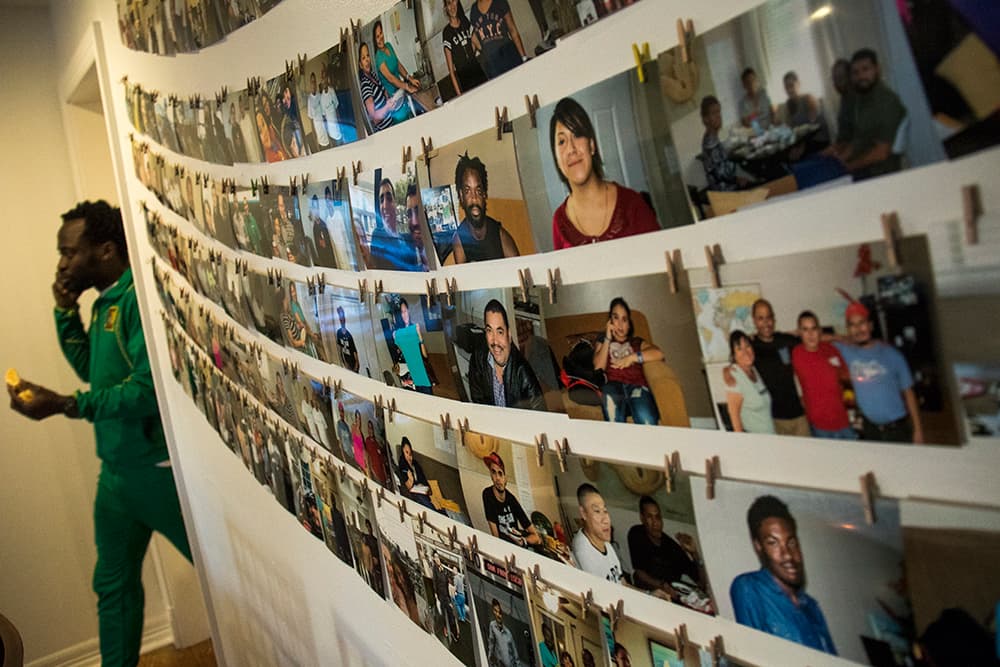After hurricane Sandy hit New York City in 2012, an Airbnb user reached out to the company to see if she could offer her home up to displaced people free of charge. Airbnb obliged, set up a page just to fill the needs of families affected by the storm. In a video on the company's website, the user said 1,400 hosts had signed up to share their spare beds by the end of the ordeal.
That was the beginning of Open Homes, an offshoot service that Airbnb has expanded to offer free rooms not just for people displaced by natural disaster, but also asylum seekers, refugees and patients traveling to seek treatment. Guests get a place to stay for up to two weeks, and hosts are offered all of the protections that regular Airbnb users get, which includes up to $1 million in reimbursement for property damage and guest screenings and verification.
Denverites have already signed up for the service, and now Airbnb has begun to reach out to local service providers, and their volunteer bases, to find more users.
Sarah Jackson runs Casa De Paz, a hospitality house for immigrants exiting the private prison in Aurora. This week, she posted on Facebook that she'd taken a meeting with Airbnb to discuss ways some of her volunteers might become involved with Open Homes.

"There are a lot of other people in our city that need this housing," Jackson said, and she should know. Casa De Paz hosts guests nearly every night, and that's just people seeking asylum or on bail from deportation proceedings.
She also knows that there are a lot of people in the metro area who want to lend immigrants a hand. Since she opened the Casa in 2012, Jackson has seen a wellspring of support for her mission. Her volunteer list is numbered somewhere in the hundreds. It's so long that she's not usually able to give well-meaning people something to do. Even though a handful of volunteers swing by the Casa and the nearby private prison every night of the work week, she's fairly certain her supporters would do more if they had the chance.
Airbnb stands to benefit from a relationship with Jackson, too. In their meeting, she said, an Airbnb representative told her that the typical Airbnb user, motivated to earn extra cash, is likely not receptive to opening up a room for free. A spokesperson from Airbnb couldn't discuss why they're taking meetings. While there are no new formalized partnerships to announce, the company could confirm they have had conversations with gatekeepers like Jackson.
Airbnb does, however, have national partners listed on their website. A number of migration and refugee groups, like the resettlement agency International Rescue Committee, are working with the initiative to help find short-term housing needs to be filled.
If Airbnb needs help finding hosts and Jackson's volunteers want more to do, their relationship is poised to be good for everyone.
"You don’t have to sell them on this concept," Jackson said. And, she added, "This is an easy way to let people actually do something."
Greg Mortimer, who regularly works at the Casa, told Denverite he'd be "very open" to using Open Homes if Jackson approached him. Maybe not all the time, he added. But now and then: absolutely.

For Jackson, getting more people involved in this kind of service represents more than a good deed. In an era when immigration has become an explosive topic and even legal immigration standards could be rolled back, she sees the opportunity for one-on-one interaction between American-born citizens and migrants as one that could foster understanding and discourse.
She supposed that a lot of Americans who fear that undocumented immigrants bring crime or disease may have never actually met someone in that situation. People who are staunchly against immigration might not participate in the service, but Jackson has seen how past volunteers have made impacts sharing their experiences with skeptical friends and family. More opportunities for personal connections, she said, provides more opportunity to see the humanity in migrants' struggles.
"It makes it real to them," she said. "That changes things."
Jackson is waiting for her next meeting with Airbnb to figure out how the two organizations can work together. She's expects she'll throw a launch party to kick things off when they're ready.
"I'm really excited to let our volunteers take that next step," she said.











